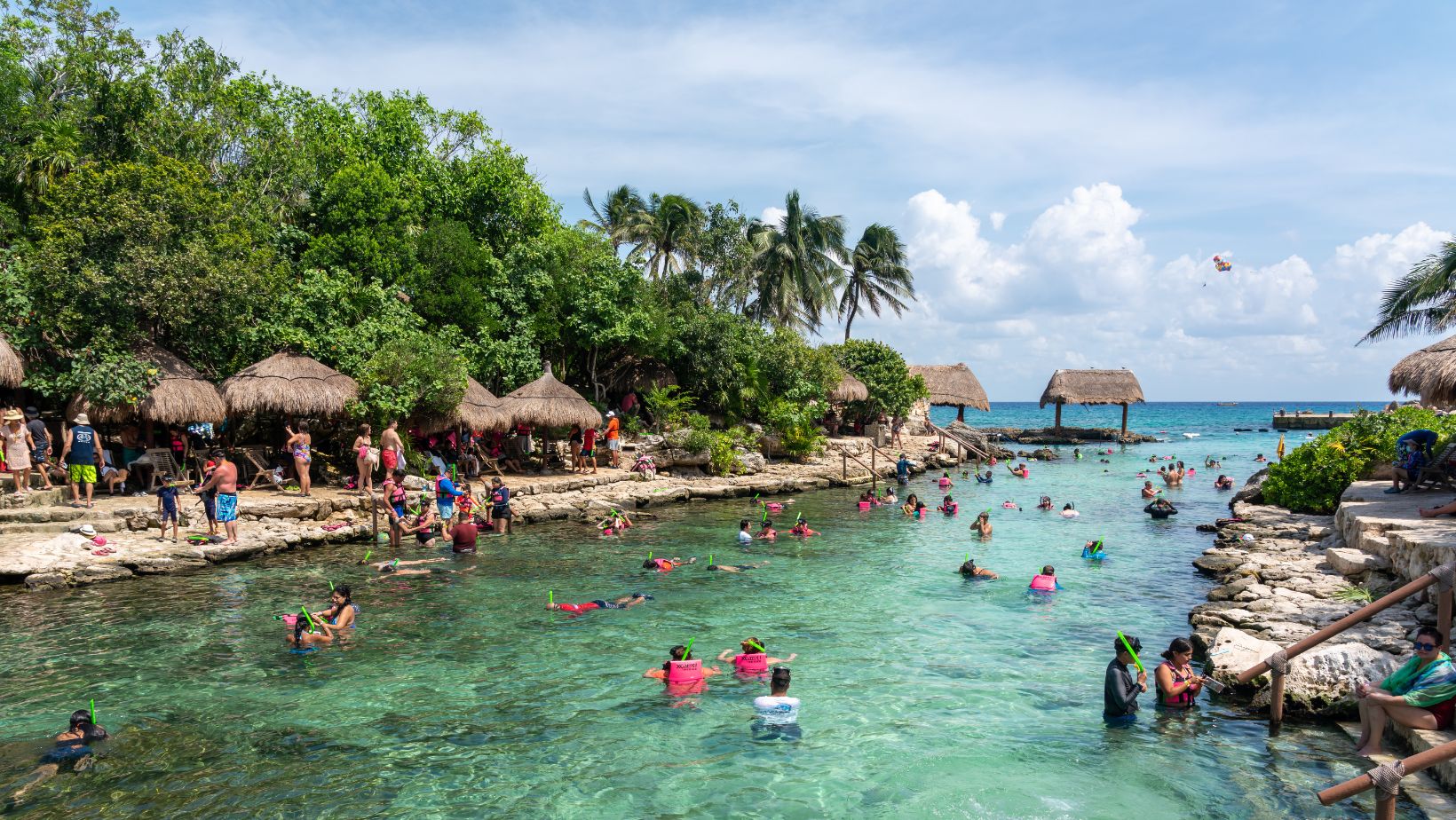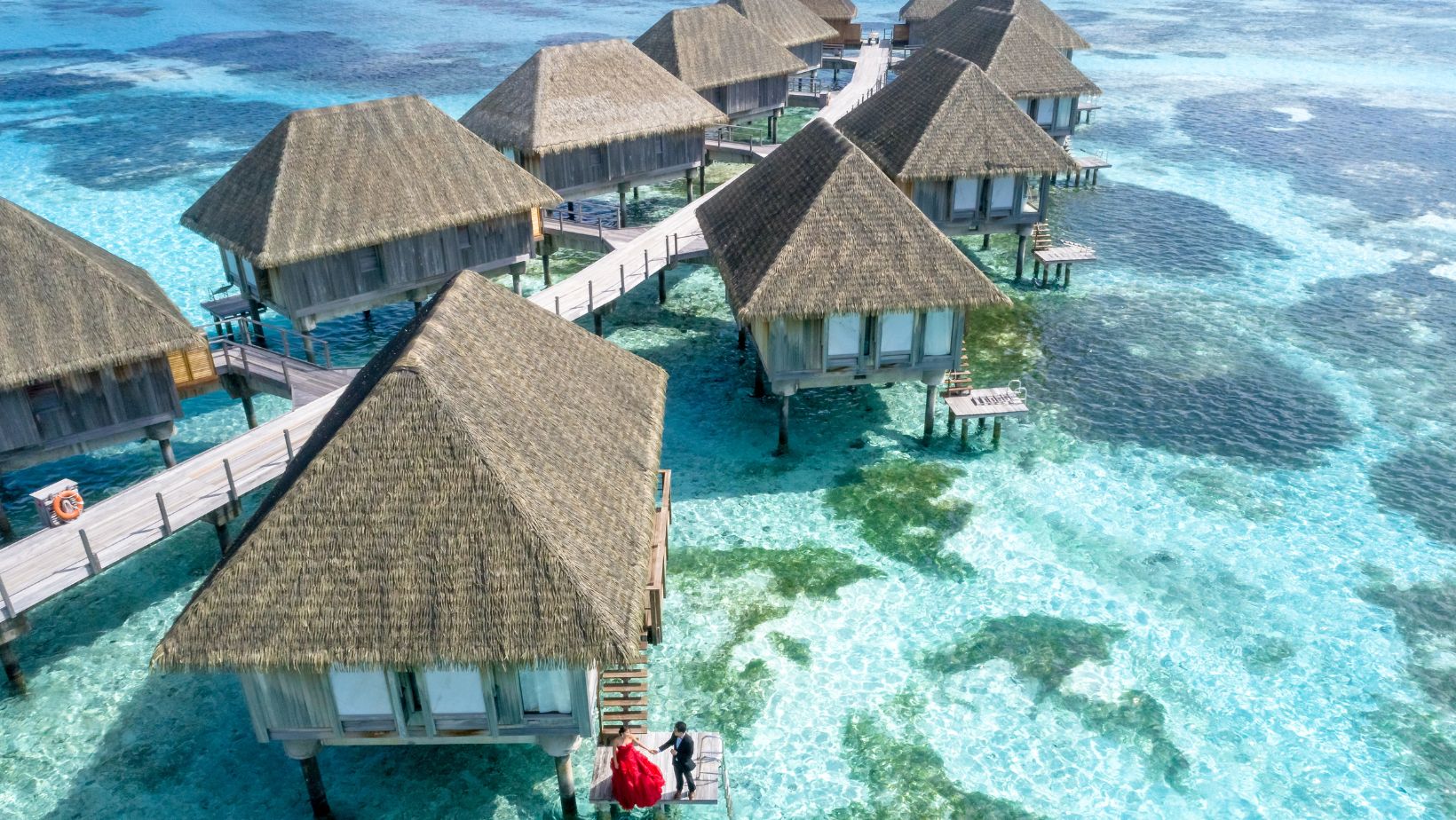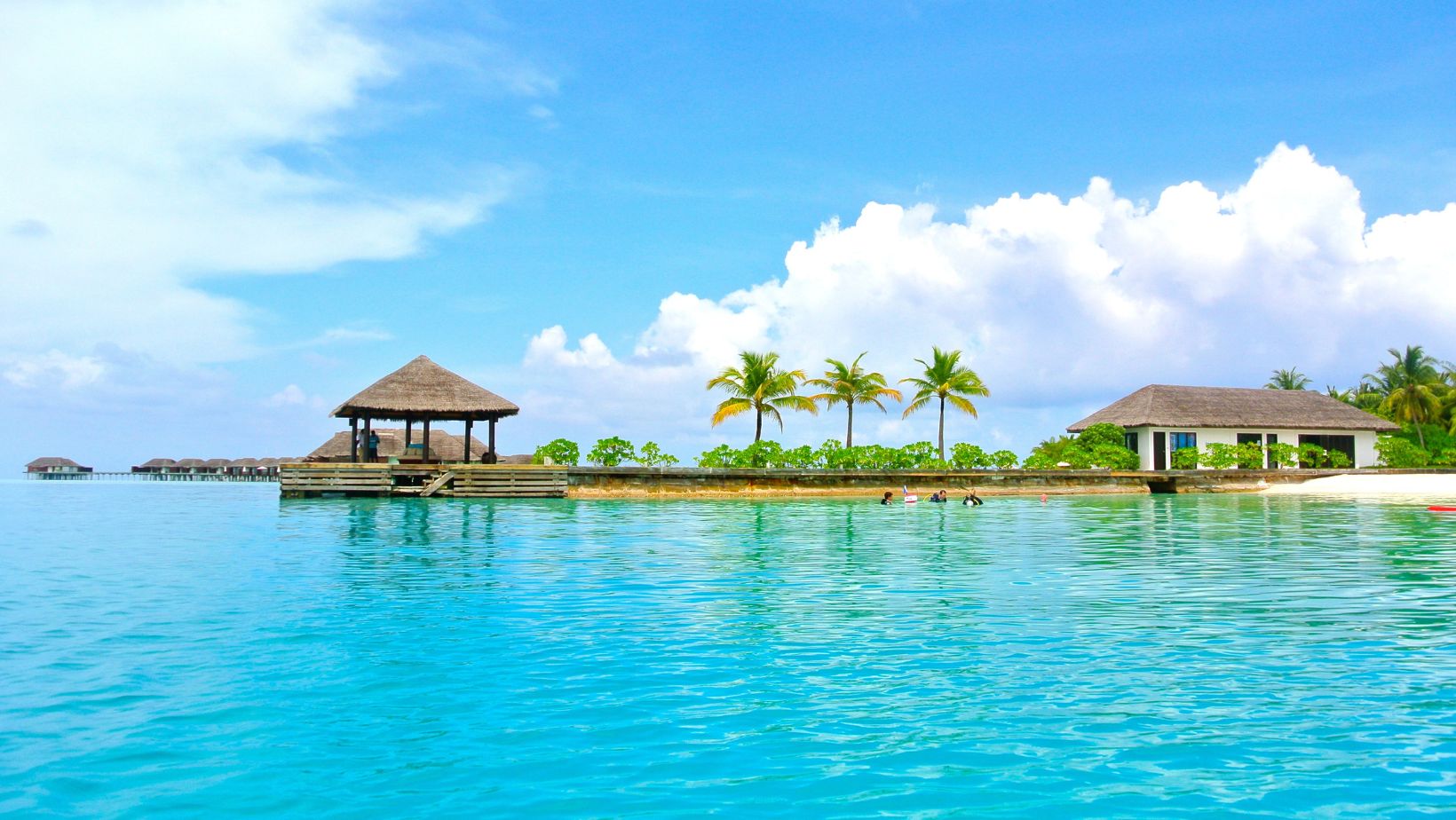Imagine a place of perfect harmony, where the sun always shines, the trees bear fruit year-round, and happiness is the default state of being. This isn’t a mere utopian dream, but a common thread woven into the tapestry of countless cultures and civilizations. Welcome to the world of mythical paradises.
From the Elysian Fields of Greek mythology to the Pure Land in Buddhist belief, these legendary locales promise an existence free from earthly strife. They’ve captured the human imagination for millennia, offering solace, hope, and a tantalizing glimpse into the unknown. So, let’s embark on a journey to explore these mythical paradises, and perhaps, uncover what they reveal about our deepest desires and timeless tales.
Mythical Paradises
 Mythical paradises, places of supreme bliss and happiness existing in various ancient beliefs, captivate the human mind with their allure. These paradises, imagined and detailed in various mythologies, promise relief from mortal suffering. This section delves deeper into their definition, origin, and the importance they maintain within different cultures.
Mythical paradises, places of supreme bliss and happiness existing in various ancient beliefs, captivate the human mind with their allure. These paradises, imagined and detailed in various mythologies, promise relief from mortal suffering. This section delves deeper into their definition, origin, and the importance they maintain within different cultures.
Mythical paradises, often termed as ‘otherworldly utopias,’ constitute imagined landscapes of utmost peace and contentment. Found nestled within ancient tales and scriptures, they take different forms and names depending on their cultural origin. For instance, Greek mythology introduced Elysium or the Elysian Fields, considered an afterlife realm reserved for individuals chosen by the gods. Chinese folklore mentions the Peach Blossom Spring, a symbol of an unspoiled, peaceful society hidden from the chaotic mundane world. In Buddhism, Sukhavati or the Western Pure Land puts forth the vision of an enlightened realm achieved through pure living and mindfulness.
Sources trace the origin of these mythical paradises back to ancient civilizations. Prominently, they emerged from humans’ instinctive desire for placidity and harmony, a state devoid of worldly tribulations. These narratives, rooted deep within societal psyche, shaped cultural values, ethical standards, and philosophical perspectives, steering civilization’s trajectory over time.
Significance in Various Cultures
 Every culture possesses its understanding of mythical paradises, reflecting critical values and belief systems. In Greek civilization, the Elysian Fields represented the reward for a virtuous life and heroic deeds. The Greeks saw it as a heavenly place where chosen warriors feasted, and bards played delightful tunes. This system encouraged valiant behaviour and the pursuit of honor.
Every culture possesses its understanding of mythical paradises, reflecting critical values and belief systems. In Greek civilization, the Elysian Fields represented the reward for a virtuous life and heroic deeds. The Greeks saw it as a heavenly place where chosen warriors feasted, and bards played delightful tunes. This system encouraged valiant behaviour and the pursuit of honor.
Meanwhile, Buddhist teachings depict the Pure Land as the epitome of enlightenment and spiritual liberation. Whereas, the Peach Blossom Spring in Chinese lore mirrors an utopia- a sanctuary from societal turbulence, embodying harmony and tranquility.
These mythical paradises, irrespective of their cultural backdrop, intertwine with critical societal elements like morality, virtue, and life’s purpose. They serve both as a spiritual goal and an ethical compass, shaping the worldview of civilizations.
Famous Mythical Paradises in Mythology
The Garden of Eden
 Hailing from the pages of The Bible, the Garden of Eden signifies the epitome of divinity and tranquility. God crafted this paradise as a dwelling for the first human, Adam, and his companion, Eve. Laden with ripe, delectable fruits and boundless natural beauty, it stood for harmony with nature. Eden’s divine ambience personified human innocence and bordered on blissful idyllical life, untouched by sin or sorrow. However, transgressions occurred, resulting in expulsion from this heavenly retreat. Consequently, it exhibits a tryst with morality and repercussions of actions, lessons instilled in many societies since their foundation. In Tibetan Buddhist lore, it’s the mythical utopia, Shangri-La, a pinnacle of enlightenment and serenity. This paradise, encapsulated within James Hilton’s novel “Lost Horizon”, displays a haven secluded amidst towering snow-capped mountains. As per inhabitants’ accounts, Shangri-La’s boundless wisdom and longevity are profound truths, not mere fiction. The residents’ impeccable health and vitality, despite their remarkable age, promote a tantalizing allure of immortality. Despite its elusive geographic location, painting it as a captivating abstract concept, the essence of Shangri-La conveys an everlasting quest for inner peace and knowledge.
Hailing from the pages of The Bible, the Garden of Eden signifies the epitome of divinity and tranquility. God crafted this paradise as a dwelling for the first human, Adam, and his companion, Eve. Laden with ripe, delectable fruits and boundless natural beauty, it stood for harmony with nature. Eden’s divine ambience personified human innocence and bordered on blissful idyllical life, untouched by sin or sorrow. However, transgressions occurred, resulting in expulsion from this heavenly retreat. Consequently, it exhibits a tryst with morality and repercussions of actions, lessons instilled in many societies since their foundation. In Tibetan Buddhist lore, it’s the mythical utopia, Shangri-La, a pinnacle of enlightenment and serenity. This paradise, encapsulated within James Hilton’s novel “Lost Horizon”, displays a haven secluded amidst towering snow-capped mountains. As per inhabitants’ accounts, Shangri-La’s boundless wisdom and longevity are profound truths, not mere fiction. The residents’ impeccable health and vitality, despite their remarkable age, promote a tantalizing allure of immortality. Despite its elusive geographic location, painting it as a captivating abstract concept, the essence of Shangri-La conveys an everlasting quest for inner peace and knowledge.
Cloaking itself within the annals of Arthurian Legends, Avalon unfurls as an ethereal island of otherworldly delight and rest, associated greatly with healing and feminine divine power. Reputed as King Arthur’s final resting place, following his fatal duel, Avalon represents triumph over distress, symbolizing rejuvenation.



